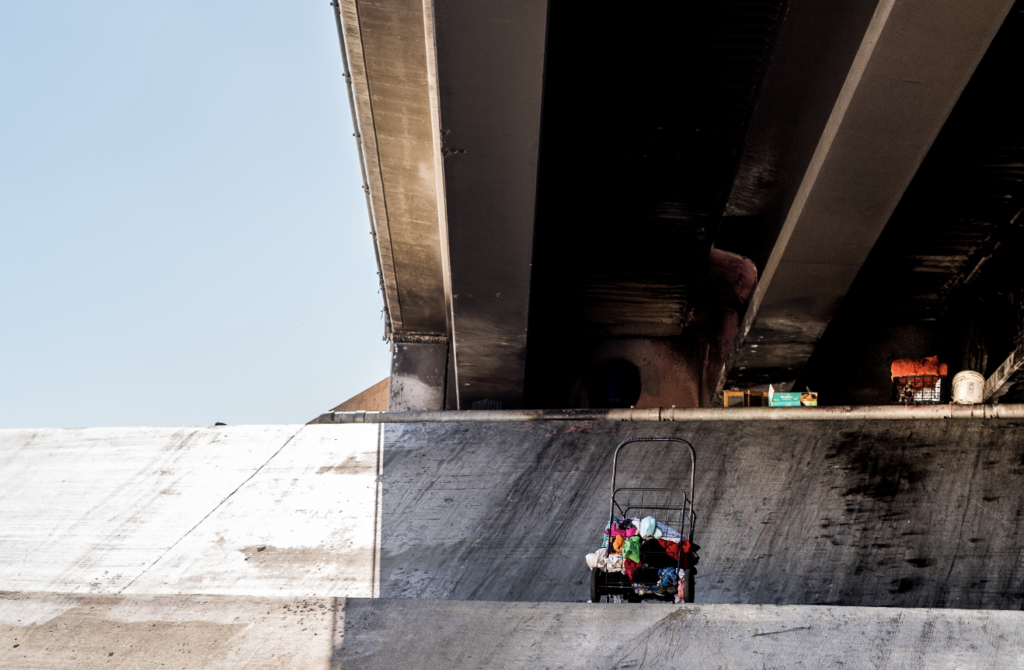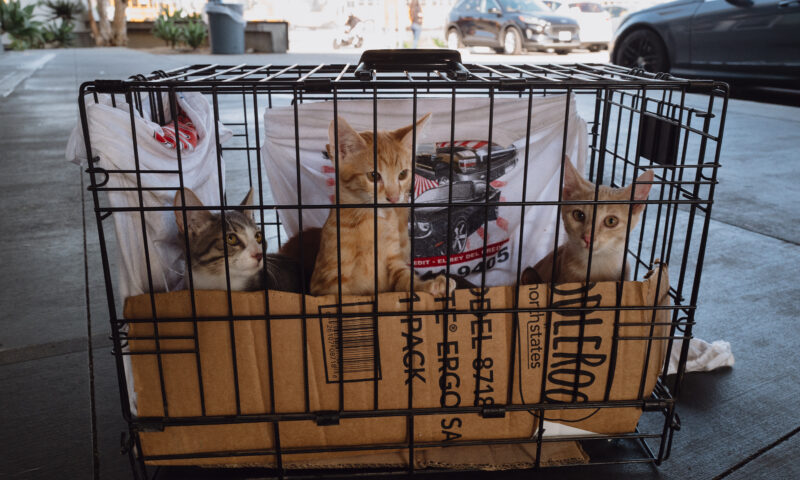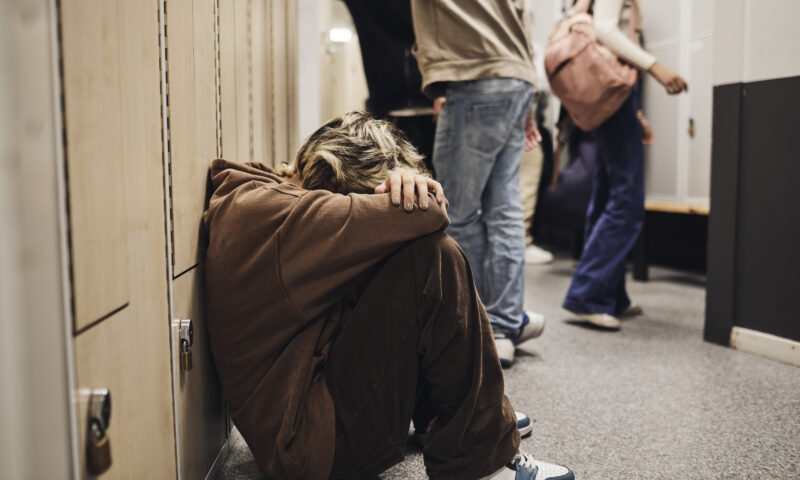Living Homeless in California
Living Homeless in California: Why Health Care Requires a Team Approach
Dr. Coley King, director of homeless services at Los Angeles’ Venice Family Clinic, explains how multidisciplinary teams work in preparing homeless people for a better life.

While social service organizations wait – often many months – for housing to open up for their homeless clients, they have an opportunity to prepare to successfully move them into housing. That means providing physical and mental health care, addiction services and social service case management. In this interview, Dr. Coley King, director of homeless services at Los Angeles’ Venice Family Clinic, explains how multidisciplinary teams work in preparing homeless people for a better life. We began by asking him about the kinds of health issues he sees on the streets.
DR. COLEY KING: We see, on one level, similar things as the general population but at a much accelerated rate, with people dying 20, 30 years sooner. We see a hepatitis C epidemic. Combine that with ongoing alcohol dependence, very early cirrhosis, decompensated liver failure, emergency room visits, extended ICU [intensive care unit] hospitalizations.
We see all forms of addiction. We see the meth epidemic, with poor dentition and serious cardiomyopathy and cardio toxicity from the meth. We see the obvious opiate epidemic. Another common uptick in illness and injury is physical injury and assault, which is at a much higher rate. And murder.
Also Read These Stories
CAPITAL & MAIN: How about those who are at the end of life?
When someone is in end-stage liver disease, we may refer them to hospice care. That might be a very creative, modern use of traditional hospice care. They need to know how to handle homeless patients that might still be in the street or a shelter or supported housing apartment, which would not be a traditional setting for a hospice patient.
Can you give us an example of someone you served at the end of life?
We had a situation, a fellow in his 50s, and he didn’t want to quit drinking. We got him into a shelter and linked him to hospice care. He got meaningful pain management treatment, he became happier. He had a chaplain who gave end-of-life counseling. We got him into an apartment with the supportive housing team. He seemed to be happy and he lived there for two or three months until he passed away.
Tell about your outreach.
We have extensive outreach services through the Venice Family Clinic that started small 10 years ago and has continued to grow. Either a physician or PA [physician’s assistant] or NP [nurse practitioner] is part of the team, and a social service agency provides the framework for that team with case managers, social workers and addiction counselors. That’s a team unit, a medical provider and medical home involved with social services. There is a multidisciplinary team. That is part of Proposition H [a voter-approved quarter-cent sales tax for homeless services], to man these teams countywide through the L.A. County DHS [Department of Health Services].
Within that, I see two types of housing teams. There would be more outreach-based teams that might fit with Prop. H, to discover who’s homeless, what kind of problems they’re having, addiction and health problems, [and to] link them to health care, to mental health care and link them to addiction services, and link to a housing team or a plan.
The other side of that would be high-end supportive housing teams that are registry based, that may have 50 patients or clients assigned to that team, to house them and support them in housing for three or four years before they are stable [enough] to hand off to lower level teams. These are the highly vulnerable tri-morbid patients, with mental illness, physical illness, addiction, a lot of years on the street. We are involved with several of these teams that are outreach- and registry based.
How are these teams funded?
These are all under the umbrella of the Venice Family Clinic. We serve a private grant, several DMH [Department of Mental Health] and DHS grants, in collaboration with St. Joseph Center and the People Concern. Those are our partner social service agencies.
Prop. H is what we’re working under for the outreach teams. We’re working with outreach teams across the county to collaborate with social service agencies and medical. That’s the big show right now.
Copyright Capital & Main

-

 Column - State of InequalityJanuary 22, 2026
Column - State of InequalityJanuary 22, 2026On Eve of Strike, Kaiser Nurses Sound Alarm on Patient Care
-

 Column - California UncoveredJanuary 14, 2026
Column - California UncoveredJanuary 14, 2026Keeping People With Their Pets Can Help L.A.’s Housing Crisis — and Mental Health
-

 Latest NewsJanuary 16, 2026
Latest NewsJanuary 16, 2026Homes That Survived the 2025 L.A. Fires Are Still Contaminated
-

 The SlickJanuary 20, 2026
The SlickJanuary 20, 2026The Rio Grande Was Once an Inviting River. It’s Now a Militarized Border.
-

 Column - State of InequalityJanuary 15, 2026
Column - State of InequalityJanuary 15, 2026When Insurance Says No, Children Pay the Price
-

 Latest NewsJanuary 21, 2026
Latest NewsJanuary 21, 2026Honduran Grandfather Who Died in ICE Custody Told Family He’d Felt Ill For Weeks
-

 The SlickJanuary 19, 2026
The SlickJanuary 19, 2026Seven Years on, New Mexico Still Hasn’t Codified Governor’s Climate Goals
-

 Latest NewsJanuary 22, 2026
Latest NewsJanuary 22, 2026‘A Fraudulent Scheme’: New Mexico Sues Texas Oil Companies for Walking Away From Their Leaking Wells

